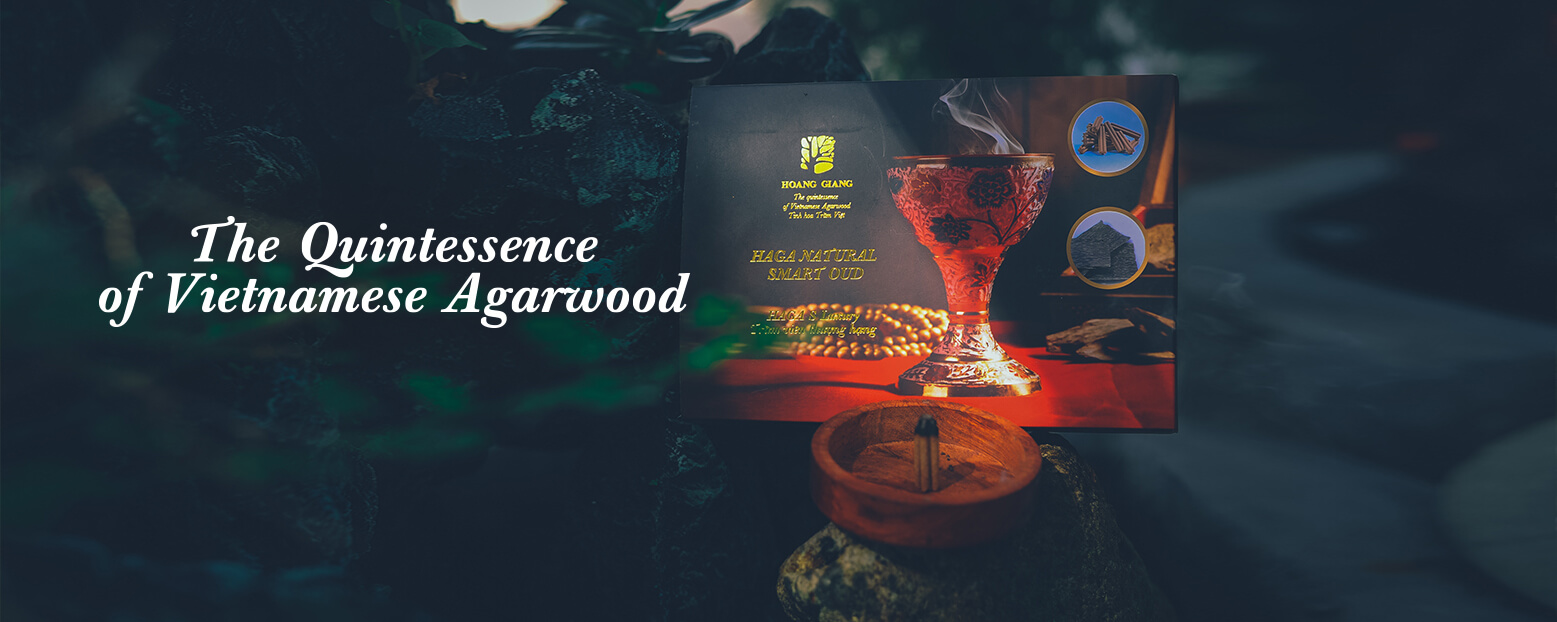THE DIFFERENCE BETWEEN FRAGRANCE AND ESSENTIAL OIL
Much of the renaissance of soap and candle making in the 20th Century was due to people wanting to get back to more natural ways. Whether out of fear of cancer or other health problems, wanting fewer chemicals in our environment, or just a desire for a simpler existence, people began wanting the things around them to be more natural. From the food they eat to the soap they bathe with, some people want nothing in or on their bodies but the pure basics. These are the warriors for the use of essential oils in candles and soap.
What is an essential oil?
Essential oils are natural oils that contain the “essence” of a plant. They are the liquid or resin that is distilled, pressed, or extracted from different parts of the plant – leaves, flowers, bark, berries, root, needles, seeds, beans, peel, cones, wood, stalks, etc. Essential oils are generally extracted by distillation, though some oils are gotten through other processes like expression or solvent extraction.
Sometimes the oil can come from different parts of the plant – a few plants (like an agarwood tree) contain several different essential oils in different parts. Agarwood essential oil is derived from the body of trees such as bark, chip woods, duramen’s…
It takes many, usually thousands of kilograms of plant material to make a kilogram of essential oil. For instants, 1000 kilograms of agarwood yield 0.02 kilogram of the essential oil. It means that there is only a 0.02 percent return after extracting. That’s why the essential agarwood oil is quite high.
Essential oils can be used in making soap and making candles – as well as in making many other fragrant items like room sprays, lotions, bath salts and oils, balms, etc. They are also, of course, the foundation for the whole practice of aromatherapy.
Agarwood oil is used as an important natural base note for making perfume. It has eventually replaced “fragrance” which is a common substance used in the perfume industry.
What is the fragrance?
There are over 500 potential chemicals that can be used under the single name “fragrance” found on the label of many products, not just perfumes and colognes. Fragrances are found in “air fresheners,” room deodorizers, cosmetics, fabric softeners, laundry detergents, candles, and many other places. Manufacturers are not required to list ingredients on the labels of these products, nor do they have to reveal the specific ingredients that qualify as “fragrances” to regulating authorities because they are protected as trade secrets. Some of the most common chemicals in perfumes are ethanol, acetaldehyde, methyl benzene, benzyl acetate, a-pinene, acetone, benzyl alcohol, and ethyl acetate. Some of these chemicals cause irritability, muscle pain, bloating, joint aches, sinus pain, sore throat, eye irritation, headaches, dizziness, spikes in blood pressure, coughing, and burning or itching skin irritations.
So which is better?
Both may have their uses and drawbacks. Synthetic products can be cheaper to produce and more convenient (for example polyester fabric) but may have drawbacks such as added chemicals and environmental hazards. Natural products might be better quality (for example wool) but harder to obtain in large quantities and not as palatable to the consumer.
Both essential oil and fragrance have there are used in the cosmetic and aromatherapy industry. However, natural oil is unharmful and fragrance may cause negative effects on human health for a long time using. The disadvantage of using natural oil is the high cost and not in mass production. In terms of cost and quantity, the fragrance is more favorable. Therefore, in almost mass consumer goods production, the fragrance is the first choice rather than natural oil. But nowadays, there are many smart consumers quitting natural products.






I would like to order for sample of oud oil
Thank you for your interest. If you want to know more about our product and get sample oil, please email us as info@hgagarwood.com so we can discuss more.